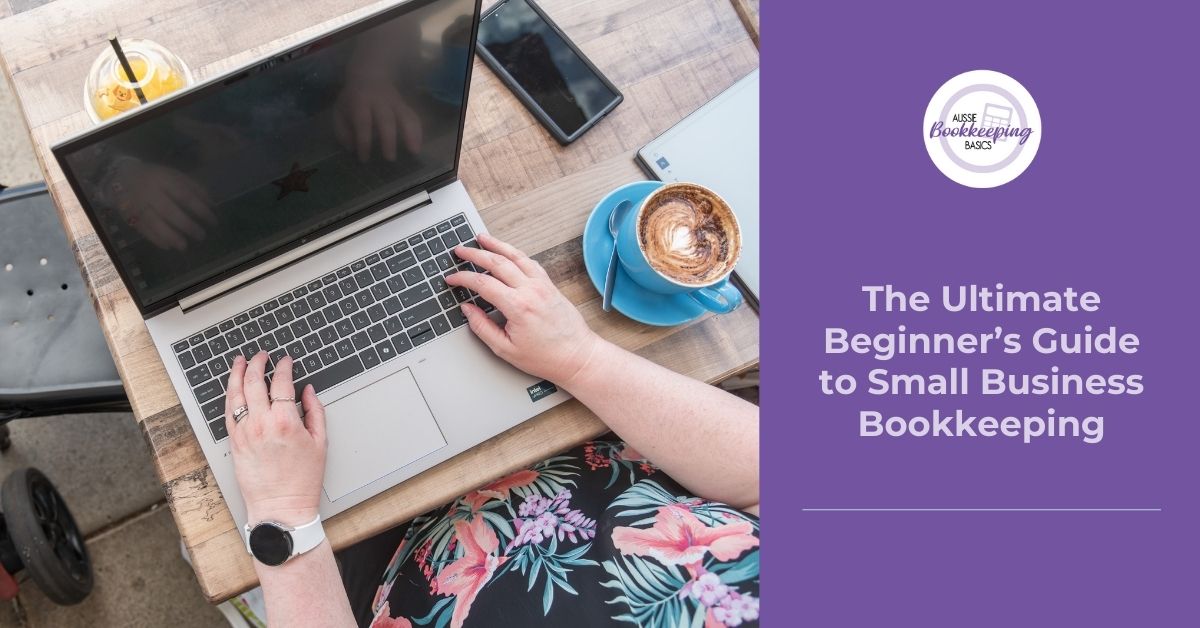When you’re running a small business, bookkeeping can feel like the last thing you want to think about — especially when you’re juggling sales, customers, marketing, and a to-do list that never seems to end. But here’s the truth: good bookkeeping isn’t just about keeping the tax office happy. It’s the foundation of a healthy business.
Whether you’re a side hustler, solo entrepreneur, or starting to build a team, this beginner’s guide will walk you through the basics of small business bookkeeping — without the jargon or overwhelm.
What is Bookkeeping (And Why Should You Care)?
Bookkeeping is the process of recording all your business’s financial transactions — money in and money out. It helps you:
- Understand where your money is going
- Make informed decisions
- Stay compliant with the ATO
- Prepare for tax time without stress
- Apply for funding or loans with confidence
Even if you hate numbers, getting a handle on your bookkeeping will help your business thrive.
Key Bookkeeping Terms (Made Simple)
Let’s keep it easy. Here are a few terms you’ll come across:
- Income – Money coming into your business (sales, interest received, etc.)
- Expenses – Money going out (rent, supplies, subscriptions)
- Invoices – What you send to customers when they owe you
- Receipts – What you keep to prove your business purchases
- Accounts – Categories used to track income and expenses
- BAS – Business Activity Statement, if you’re registered for GST
If these make your head spin, don’t worry — with a bit of practice (and the right guidance), they’ll soon feel like second nature.
DIY vs. Hiring a Bookkeeper
Many small business owners start by doing their own books — especially in the early days when cash flow is tight. That’s totally okay, as long as you have a system in place and understand the basics.
Eventually, you may decide to hire a bookkeeper to save time or avoid costly mistakes — but doing it yourself at the start is a great way to learn what’s going on in your business.
Simple Steps to Get Started
- Separate your business and personal finances
Open a separate bank account — it’s one of the easiest things you can do to clean up your records.
- Choose a bookkeeping system
Whether it’s a spreadsheet, accounting software (like Xero or MYOB), or a paper ledger, find something that works for you.
- Record every transaction
This includes sales, expenses, bank transfers, loan payments — everything.
- Keep your receipts and invoices
Use a receipt scanner app or take photos and store them in the cloud. You’ll thank yourself later.
- Schedule regular “money dates”
Set aside 30 minutes a week to update your books. Don’t leave it all until BAS time — future you will not be happy.
What to Watch Out For
- Mixing business and personal expenses
- Forgetting to track GST correctly
- Not reconciling your bank account
- Leaving it all until the last minute (hello panic mode!)
You Don’t Have to Do It Alone
Bookkeeping doesn’t have to be scary — and you don’t need to figure it all out yourself.
If you’re ready to take control of your books without paying for a full-time bookkeeper, check out my beginner-friendly bookkeeping course! It’s designed for small business owners like you, with real-world examples, step-by-step instructions, and zero fluff.
Let’s take the stress out of bookkeeping — and give you back your time and confidence.




